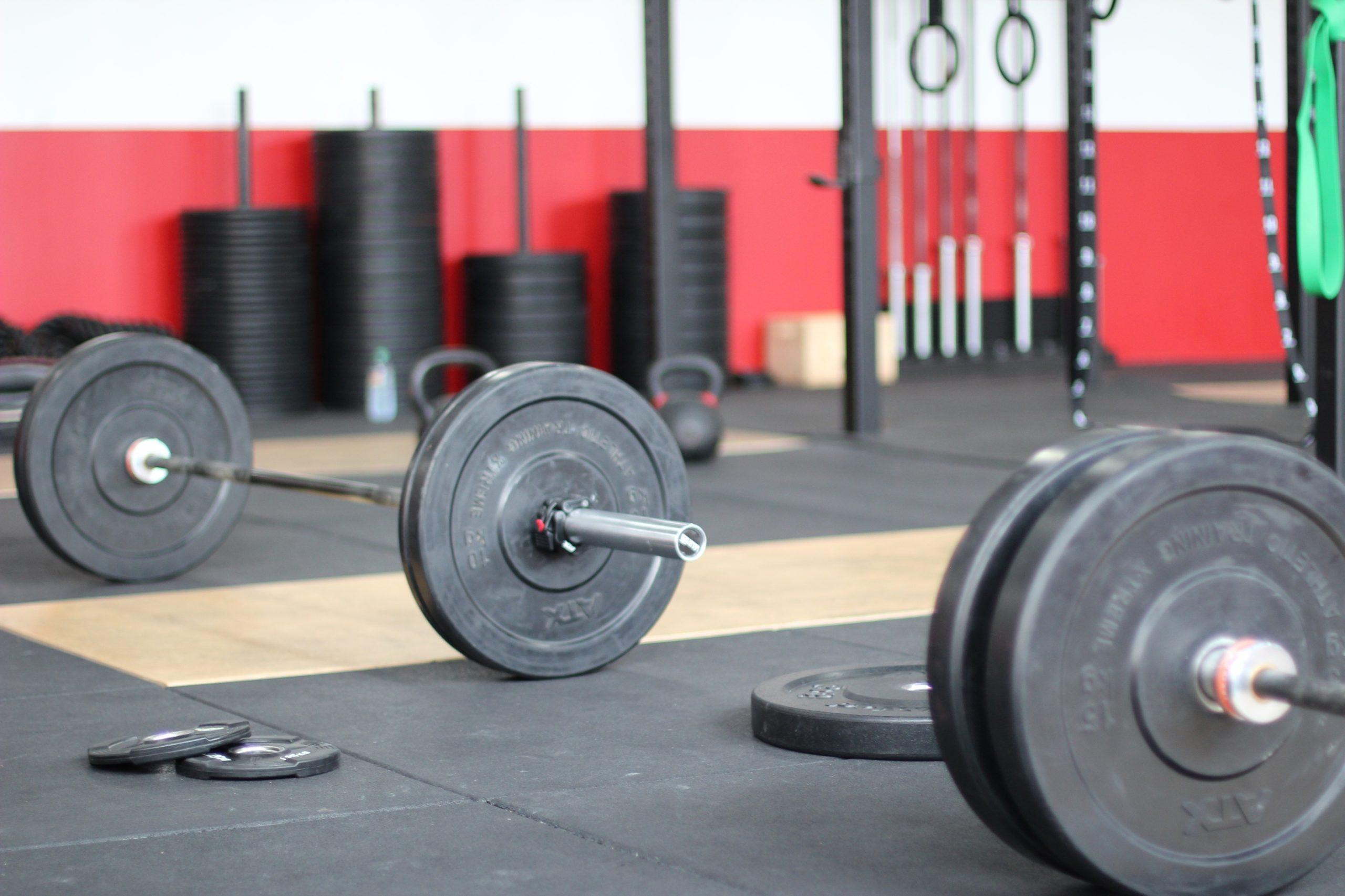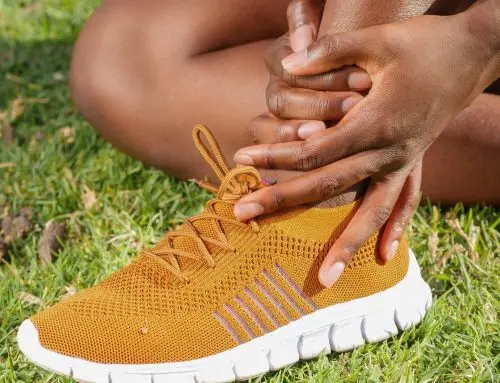Welcome, aspiring Hercules and She-Hulks! So, you’ve decided to embark on the glorious quest of weight lifting, eager to sculpt those flabby bits into chiseled masterpieces. Fear not, brave beginners, for this ultimate guide is here to steer you through the treacherous world of dumbbells, barbells, and protein shakes. Get ready to grunt, sweat, and maybe even shed a tear or two as we dive headfirst into the exhilarating journey of weight lifting for beginners. So grab your water bottle, strap on your lifting gloves, and let’s get ready to pump some iron!
Contents
- 1 Important Weight Lifting Equipment for Beginners
- 2
- 3 Creating a Beginner-Friendly Weight Lifting Routine
- 4 Understanding Weight Lifting Terminology and Concepts
- 5 Progressive Overload: Key to Beginner Weight Lifting Success
- 6 Common Mistakes to Avoid in Weight Lifting for Beginners
- 7 FAQs
- 8 —
- 9 Time to Pump Up the Volume!
Important Weight Lifting Equipment for Beginners
So, you’ve decided to take your first steps into the world of weight lifting. Congratulations! But before you jump into those intense workouts, you’re going to need some essential equipment to help you along the way. Here are a few must-haves for any weight lifting newbie:
- Proper Footwear: You can’t lift weights in those old ratty tennis shoes you’ve had since high school. Invest in a good pair of cross-training shoes that provide support and stability for your feet.
- Gloves: No one likes blisters, especially on their hands. Pick up a pair of weight lifting gloves to protect your palms and help you get a better grip on those dumbbells.
- Water Bottle: Hydration is key when you’re sweating it out at the gym. Make sure you have a reliable water bottle to keep you fueled and help you power through your workout.
And of course, don’t forget about the most important piece of equipment – your sheer determination to crush those weights and reach your fitness goals. With the right gear and the right mindset, you’ll be well on your way to becoming a weight lifting pro in no time.

technique-for-weight-lifting”>Proper Form and Technique for Weight Lifting
So you’ve decided to step up your weight lifting game, huh? Well, buckle up buttercup because proper form and technique are crucial if you want to avoid injury and look like a badass while you’re lifting those weights.
First things first, **keep that back straight**. None of that hunched over crap, that’s a one-way ticket to Snap City. Engage those core muscles and keep your spine in a neutral position. Your mom wasn’t lying when she told you to sit up straight.
Secondly, **don’t forget to breathe**. Seriously, I know it sounds obvious but you’d be surprised how many people hold their breath while they lift. Don’t be that guy. Exhale on the exertion phase and inhale on the lowering phase. Oxygen is your friend.
Lastly, **mind your range of motion**. You’re not fooling anyone with those half-reps. Get that full range of motion to engage all of those juicy muscles. And for the love of all things holy, don’t be that person who swings the weights around like a circus performer. Control is key, my friend.

Creating a Beginner-Friendly Weight Lifting Routine
So you’ve decided to dive into the world of weight lifting, but you’re not quite sure where to start. Don’t worry, we’ve got you covered with this beginner-friendly routine that will have you flexing those muscles in no time.
First things first, let’s talk about the importance of proper form. You don’t want to be that person at the gym who looks like they’re having a spasm while attempting a deadlift. Take the time to learn the correct form for each exercise to avoid injury and embarrassment.
Next, let’s chat about setting realistic goals. Yes, we all want to look like The Rock after hitting the gym for a week, but let’s be real here. Start with manageable goals like increasing your weights gradually or hitting the gym a certain number of times per week.
Lastly, make sure to mix things up to keep things interesting. Don’t be afraid to try new exercises or equipment. Who knows, maybe you’ll discover a love for the rowing machine that you never knew existed.

Understanding Weight Lifting Terminology and Concepts
So you’ve decided to start weight lifting, but you’re feeling a little lost in the sea of confusing jargon and concepts. Fear not, my novice gym warrior! Let’s break it down for you in a way that’s both informative and entertaining.
First up, let’s talk reps and sets. Reps are the number of times you perform a specific exercise, while sets are the total number of cycles of reps you do. Think of it like this: reps are like bites of your favorite dessert, and sets are like finishing the whole darn thing (because why stop at just one bite?).
Next, we have the concept of progressive overload. This fancy term just means gradually increasing the weight you lift to keep challenging your muscles. It’s like leveling up in a video game – you gotta keep pushing yourself to become the ultimate lifting champ!
And finally, let’s not forget about supersets and drop sets. Supersets are when you do two exercises back-to-back without resting, while drop sets involve decreasing the weight as you fatigue. It’s like switching between your morning coffee and green smoothie – a little bit of everything for maximum gains!
Progressive Overload: Key to Beginner Weight Lifting Success
So you’ve decided to start your weight lifting journey as a beginner, congratulations! One of the most important principles to keep in mind as you embark on this new adventure is progressive overload. This fancy term simply means that in order to get stronger and build muscle, you need to gradually increase the difficulty of your workouts over time.
Think of progressive overload like a video game – you wouldn’t expect to defeat the final boss on level one, right? You start off with easier enemies and challenges, and gradually work your way up to harder ones. The same applies to weight lifting. By gradually increasing the weight, reps, or sets of your exercises, you’re ensuring that your muscles are constantly being challenged and growing stronger.
Here are a few tips to help you effectively incorporate progressive overload into your weight lifting routine:
- Track your progress: Keep a workout journal or use a fitness app to log your lifts and track your improvements over time.
- Set achievable goals: Start off with small increases in weight or reps, and work your way up from there.
- Listen to your body: Pay attention to how your muscles are feeling, and don’t be afraid to take a rest day if needed.
Remember, Rome wasn’t built in a day, and neither will your dream physique. Stay consistent, be patient, and embrace the power of progressive overload as you crush your weight lifting goals!
Common Mistakes to Avoid in Weight Lifting for Beginners
So, you’ve decided to enter the wonderful world of weight lifting, huh? Well, before you go ahead and start tossing around those dumbbells like you’re the Hulk, let me fill you in on some common mistakes that many beginners make. Trust me, you don’t want to be the one at the gym everyone is snickering at because you’re doing it all wrong!
Here are a few things to avoid:
- Ignoring proper form: This is a biggie, my friend. We’ve all seen that person at the gym who looks like they’re about to snap in half trying to deadlift. Don’t be that guy. Take the time to learn the right form for each exercise, and you’ll save yourself a trip to the chiropractor.
- Lifting too much weight: Listen, I get it. You want to impress the guy next to you lifting three times as much as you. But trust me, it’s not worth sacrificing your safety for a little ego boost. Start with lighter weights and work your way up slowly.
- Skipping warm-ups: Your muscles aren’t made of rubber bands, my friend. Give them the respect they deserve and warm up properly before diving into your workout. A few minutes on the treadmill or some light stretching can go a long way in preventing injury.
Remember, we all have to start somewhere. Don’t feel bad if you make a mistake or two along the way. Just keep learning, keep improving, and most importantly, keep laughing at yourself when you inevitably do something completely ridiculous. Happy lifting!
FAQs
Why is weight lifting important for beginners?
Weight lifting is important for beginners because it helps build strength, increase muscle mass, and boost metabolism. Plus, who doesn’t want biceps that could rival The Hulk’s?
What should beginners know before starting a weight lifting routine?
Before starting a weight lifting routine, beginners should know proper form and technique to prevent injury. No one wants to be the person in the gym attempting to bench press with terrible form and ending up getting pinned under the bar.
How often should beginners lift weights?
Beginners should aim to lift weights at least 2-3 times a week to see progress and avoid burnout. Unless you want your muscles to feel like they’ve been hit by a freight train, then go ahead and lift weights every day. Your call.
What are the best exercises for beginners to start with?
Some of the best exercises for beginners to start with include squats, deadlifts, chest presses, and rows. Just remember, don’t skip leg day unless you want to be known as the guy with the massive upper body and chicken legs.
How can beginners track their progress in weight lifting?
Beginners can track their progress in weight lifting by keeping a workout journal, taking progress photos, and regularly measuring strength gains. Because who doesn’t love a good before and after photo showing off your gains
—
Time to Pump Up the Volume!
And there you have it, folks! You are now armed with the knowledge and confidence to tackle weight lifting like a pro. Remember, Rome wasn’t built in a day, and neither will your muscles be. So, grab those dumbbells, get your sweat on, and watch those gains roll in. Before you know it, you’ll be strutting your stuff like a ripped Greek god. Now go forth and conquer the weight room!








Leave A Comment